At least 11 killed, 20 injured, during renewed clashes in Sudan's Darfur region
Nearly a dozen people have been killed and around 20 others injured in clashes between Arab and non-Arab groups in Sudan's restive Darfur region.
“The number of bodies that have arrived at the hospital has reached 11,” a doctor at Nyala hospital said on Saturday, adding at least 20 people were treated for gunshot wounds.
The clashes began on Wednesday between Arab herders and the Daju minority and other non-Arab groups, around 20 kilometers (12 miles) from the South Darfur state capital Nyala, witnesses said.
It was not immediately clear what sparked the fighting.
According to the official news agency SUNA, four people were killed after a group of herders riding camels attacked Amuri village on Friday. It added that the fight claimed the lives of two other people between Wednesday and Thursday.
Another person was killed when the fighting spread to nearby villages, which were “partially burnt” as shops were looted, the news agency added quoting a government statement.
The spokesman for the General Coordination for Refugees and Displaced in Darfur charity, Adam Regal, said the death toll might be much higher as the fight is still going on.
Security forces have been sent to the area to control the situation and prevent further violence, SUNA reported earlier.
Witnesses have said that hundreds of people are protesting against the violence outside a government building in Nyala.
As per reports, ethnic clashes often break out in Darfur, a vast region the size of France which was ravaged by a bitter civil war in 2003.
This year some 900 people have been killed, 300,000 have fled their homes and 2.5 million Sudanese have been displaced because of the clashes in the country, according to the UN's Humanitarian Affairs report.
Although a peace deal has been signed in 2020 with some of Sudan’s rebel groups in the western Darfur region and in Blue Nile and southern Kordofan, tribal fighting has steadily increased.
Analysts blame the fighting on unresolved issues of access to scarce water and grazing land, citizenship as well as the militarization of tribal groups.
The issue of access to land is of great significance in Sudan, where according to the United Nations and World Bank statistics, agriculture and livestock account for 43 percent of employment and 30 percent of the GDP.
The violence threatens to further destabilize the north African country, which has been in political and economic turmoil since last year's military coup led by army chief Abdel Fattah al-Burhan. The military power grab upended a transition to civilian rule launched after the 2019 ouster of long-running President Omar al-Bashir, who ruled for three decades.
Back then, Burhan declared a state of emergency and vowed to form what he called a competent government.
The country has been rocked by protests ever since, leaving scores of people dead and hundreds more injured.
Sudan is home to one of the world's poorest nations, as it has been reeling from a stagnating economy. The country, with a population of about 45 million people, is currently witnessing skyrocketing inflation due to decades of international isolation and mismanagement.
‘Ghost town’: 70% of Jabalia buildings destroyed by Israel
Mother’s Day: Sareh Javanmardi’s inspiring journey as Paralympic champion and mother
Russia downs over 40 Ukrainian drones as Putin vows 'destruction' on Kiev
VIDEO | Yemen: A bone in Israeli neck
D-8’s role in Iran’s economy after Cairo summit
China slams US as ‘war-addicted’ threat to global security
China ‘firmly opposes’ US military aid to Taiwan
VIDEO | Press TV's News Headlines


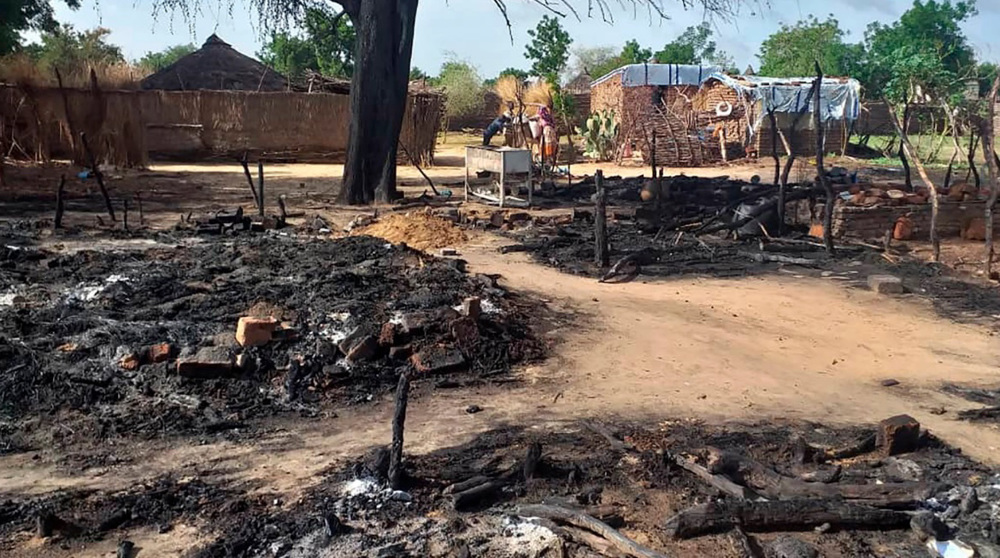
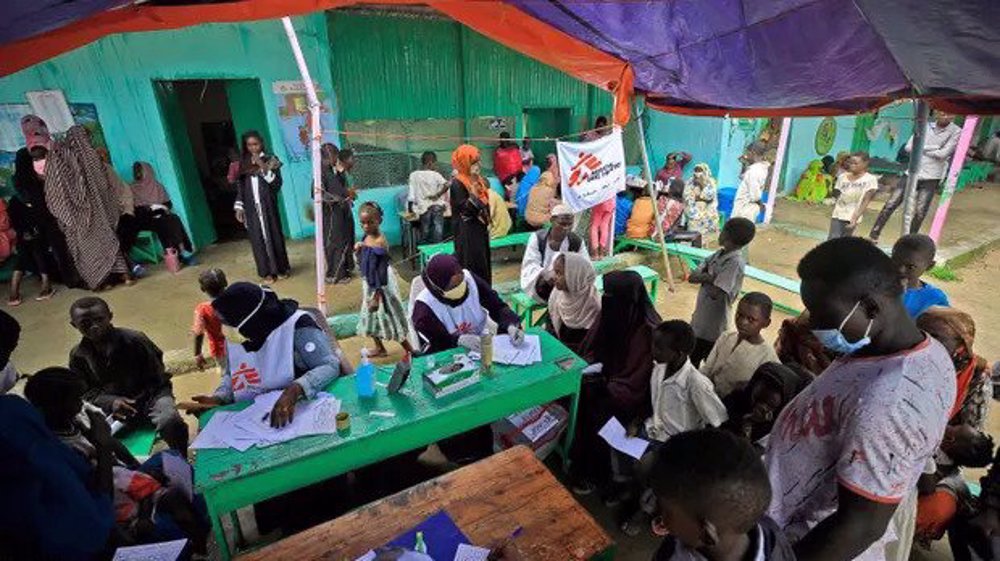
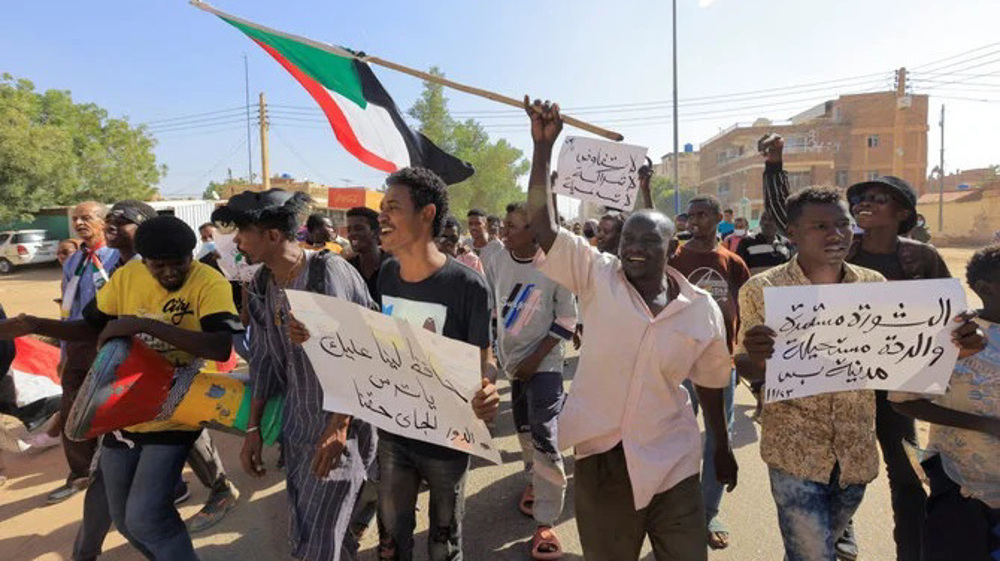

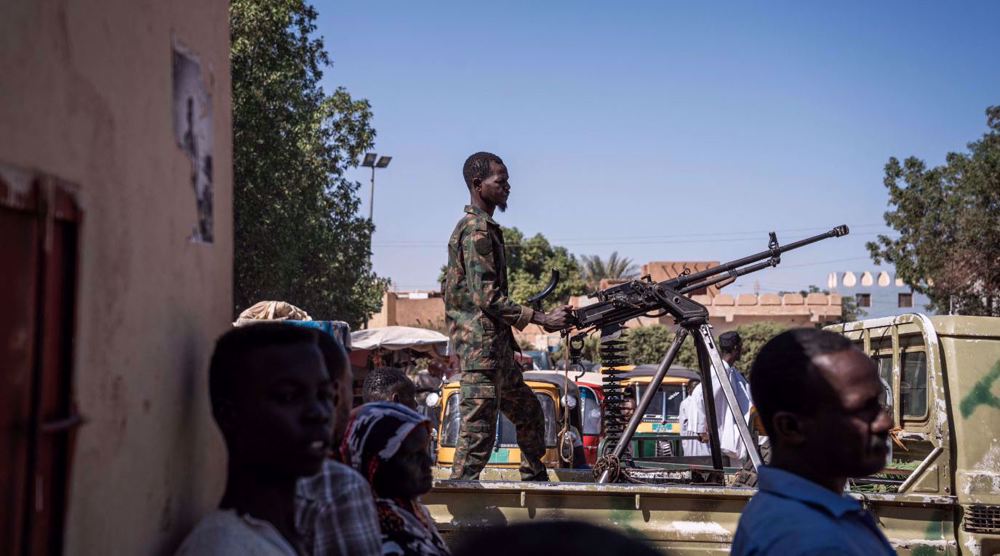
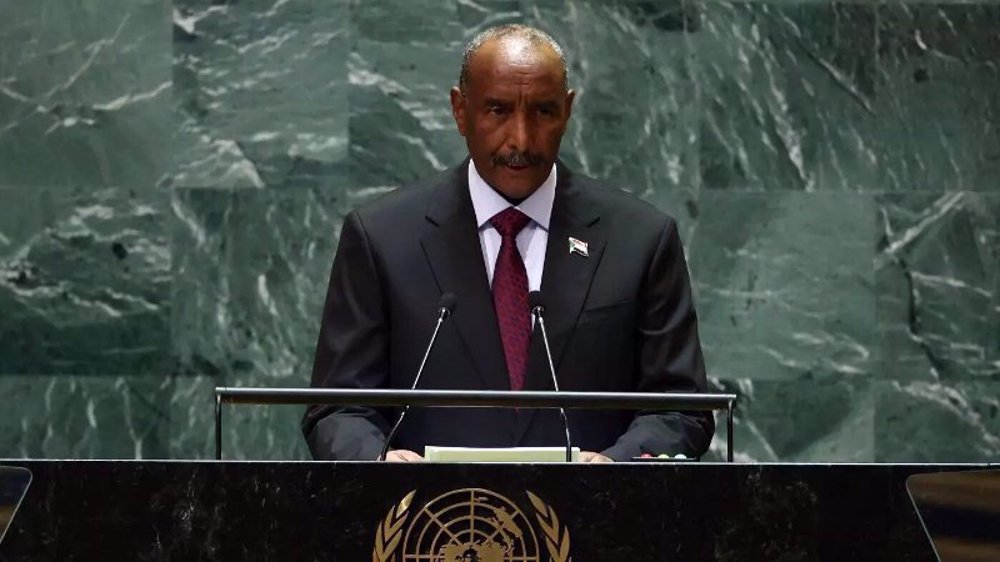



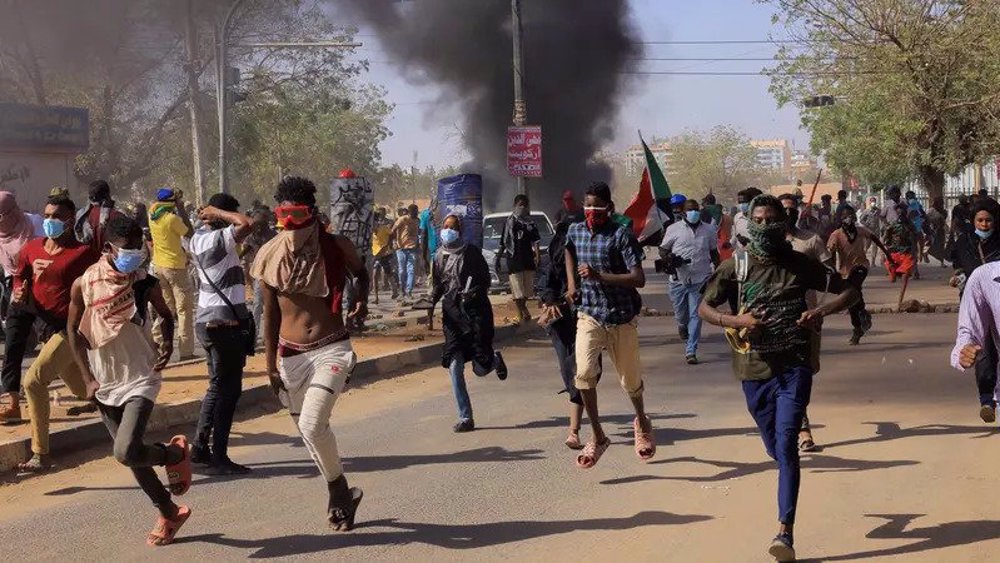
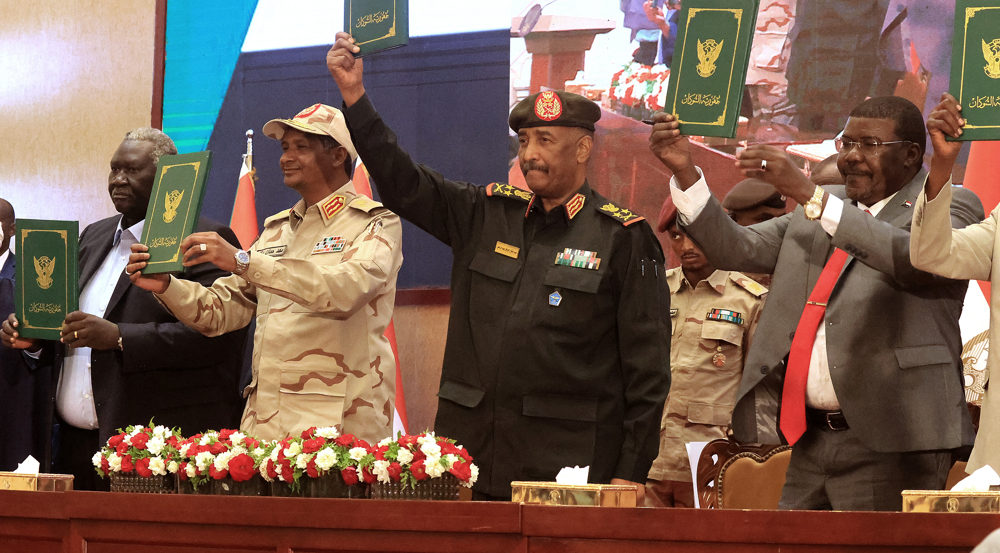
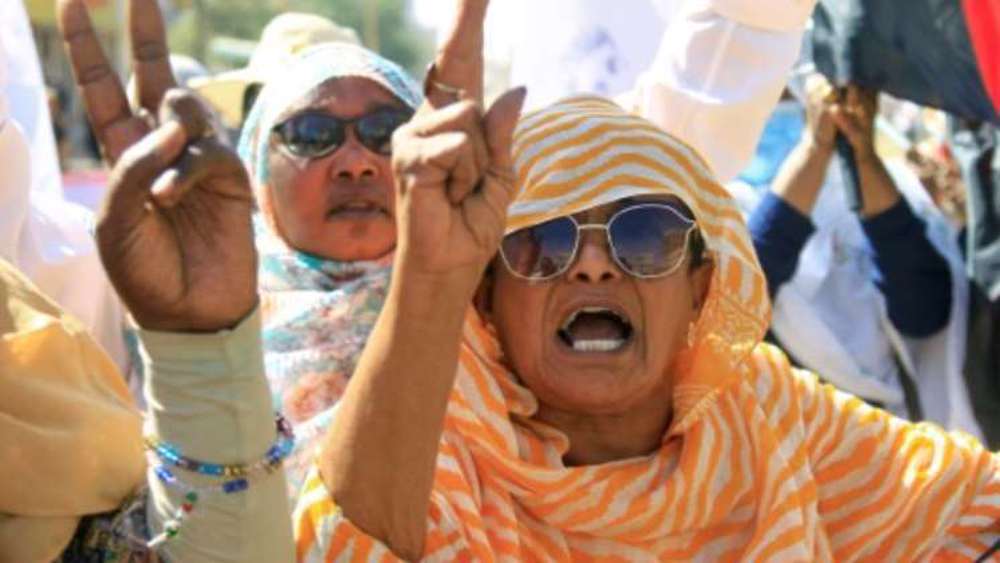
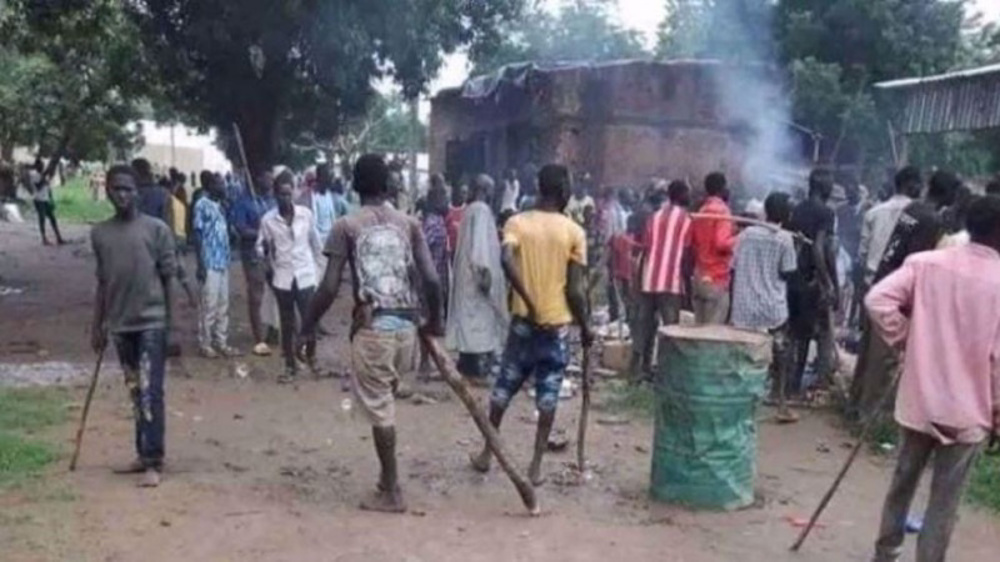

 This makes it easy to access the Press TV website
This makes it easy to access the Press TV website